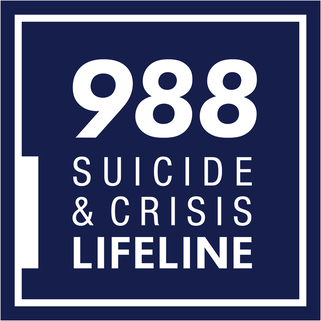|
One of the most common issues discussed in therapy with children and teens is appropriate discipline. Parents want to establish and improve the parent-child bond, but some behavioral can make this a challenge. Many parents struggle with this, especially parents whose children have mental health and behavioral difficulties. Effective discipline can significantly help children and teens improve their behavior, while ineffective discipline can cause chaos in families. Below are four principles that can help parents discipline effectively.
Effective discipline should be...
One of the best tools you can give your child/teen is effective discipline, and following these four principles you will go a long way toward accomplishing that. Obviously there can be no guarantees of good behavior, but these principles will keep the family power structure intact, and teach your child the important life lesson that all choices have consequences.
0 Comments
Leave a Reply. |
|
Please DO NOT use this email address for medication refill requests or for emergency situations.
Click here for refill requests instead of using email: Medication Refill Request Form If you have a medical emergency, email is never the appropriate way to communicate your needs, and you should instead call 911 or go to the nearest ER. If you are having suicidal thoughts and need to speak to someone immediately, you can contact Suicide Prevention Hotline at the number (and link) below. [email protected]
Communications via email are not secure. Although it is unlikely, there is a possibility that the information you include in an email can be intercepted and read by other parties besides the person to whom it is addressed. |
|
2024 Providers for Healthy Living | All Rights Reserved
|

